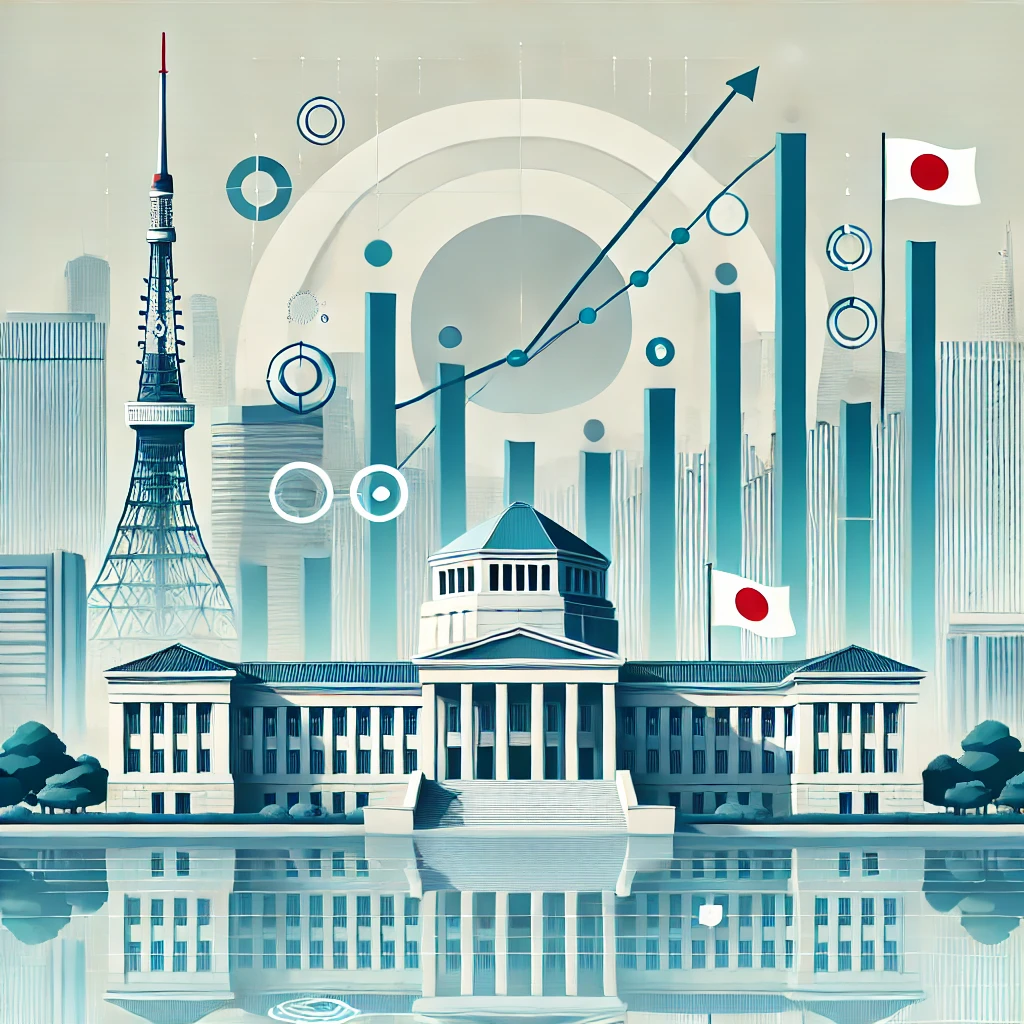
The Fascinating Insights on Japan’s New Prime Minister Shigeru Ishiba: What Does His Leadership Mean for the Future?
The Fascinating Insights on Japan’s New Prime Minister Shigeru Ishiba: What Does His Leadership Mean for the Future?
Introduction
Hey everyone, it’s Uncle Shiba here in Tokyo! Big news has hit the world of Japanese politics – Japan has a new Prime Minister, Shigeru Ishiba. In today’s video, I’m going to introduce you to Ishiba, his background, political views, and most importantly, what his leadership might mean for Japan. Let’s explore how Japan’s political landscape could change under his administration. Stick around because this is going to be an interesting deep dive!
So, who is Shigeru Ishiba? For those of you unfamiliar, Ishiba is a member of the Liberal Democratic Party, or the LDP, which has been Japan’s dominant political party for decades. Ishiba has a long career in Japanese politics. Before becoming Prime Minister, he held several high-ranking positions, including serving as the Defense Minister. This experience has made him one of the country’s leading experts on defense and security policies. However, his political career isn’t limited to just defense; he has been vocal on a variety of issues, from economic policies to social welfare.
One of the defining characteristics of Ishiba’s political stance is his conservative approach, especially concerning Japan’s national security. As Defense Minister, he advocated for strengthening Japan’s Self-Defense Forces, arguing for a more proactive role in regional security. This is a significant shift from Japan’s traditionally pacifist stance, which has been rooted in its post-World War II constitution. With rising regional tensions, particularly involving North Korea and China, Ishiba’s more assertive defense policies might signal a new direction for Japan’s foreign policy. This includes increased defense spending and a possible reconsideration of Japan’s military engagement rules, which is a topic sure to stir debate both domestically and internationally.
But defense is just one part of the picture. Economically, Ishiba’s leadership might also bring significant changes. His stance on economic reform leans toward a stricter fiscal policy. Unlike some of his predecessors, Ishiba supports increasing taxes on investments and income, with some exceptions for certain state-approved programs. He aims to tackle deflation, which has been a persistent problem for Japan’s economy. His strategy could include raising the minimum wage and promoting investment through regulated channels like the Nippon Individual Savings Account (NISA). However, this approach has sparked concerns, especially among investors and crypto enthusiasts, as stricter regulations and higher taxes might affect investment behavior. What do you all think? Will these economic measures help Japan, or could they lead to more challenges?
Now, let’s talk about social policies. Ishiba has expressed concern over Japan’s declining birthrate and aging population, two of the most pressing issues facing the country today. His administration might push for policies that support families, promote women’s participation in the workforce, and address the aging society’s impact on healthcare and social welfare systems. One possible direction could be incentives for childcare, housing support, and even reforms in the labor market to encourage a better work-life balance. These steps are crucial if Japan wants to revitalize its workforce and secure a sustainable future.
However, Ishiba’s administration is not without its challenges. One major hurdle he faces is gaining public trust. His conservative stance on defense and economic policies might appeal to some, but they could also draw criticism from those who advocate for more progressive reforms. Moreover, his approach to strengthening Japan’s military power might raise concerns among Japan’s neighbors and could alter Japan’s diplomatic relationships in the Asia-Pacific region.
Interestingly, Ishiba’s leadership also has implications for Japan’s relationship with cryptocurrency and digital assets. Japan is known for its strict regulations on crypto assets, and Ishiba has previously shown support for even stricter regulations, including higher taxes on crypto investments. This approach could put Japan at odds with the global trend of embracing digital currencies. While some investors fear that tighter regulations may hinder innovation in the crypto space, others argue that a well-regulated market can prevent financial crimes and ensure stability. It’s a complex issue, and how Ishiba navigates this will likely have a lasting impact on Japan’s economy.
All in all, Ishiba’s leadership represents a potentially transformative period for Japan. On one hand, we have a Prime Minister with a strong background in defense and a conservative approach to economic policy. On the other, we see a country that is grappling with modern challenges, like technological innovation, an aging society, and shifting regional dynamics. How Ishiba balances these elements will shape not just his legacy but also Japan’s future.
What do you think? Will Shigeru Ishiba’s policies bring positive changes, or do they signal a shift toward a more conservative and regulated Japan? Let me know your thoughts in the comments below. Japan’s political landscape is always fascinating, and under Ishiba’s leadership, we can expect some intriguing developments.
That’s all for today! If you enjoyed this deep dive into Japan’s political scene, don’t forget to give this video a thumbs up and subscribe for more insights into Japanese culture, politics, and life here in Tokyo. Until next time, this is Uncle Shiba signing off! See you soon!
Exploring the Background
The story of Japan’s New Prime Minister Shigeru Ishiba: What Does His Leadership Mean for the Future? is fascinating. In this section, we will dive into…
Modern Implications
Today, the impact of japan’s new prime minister shigeru ishiba: what does his leadership mean for the future? continues to influence various aspects of…
Conclusion
As we have explored, the legacy of japan’s new prime minister shigeru ishiba: what does his leadership mean for the future?…









